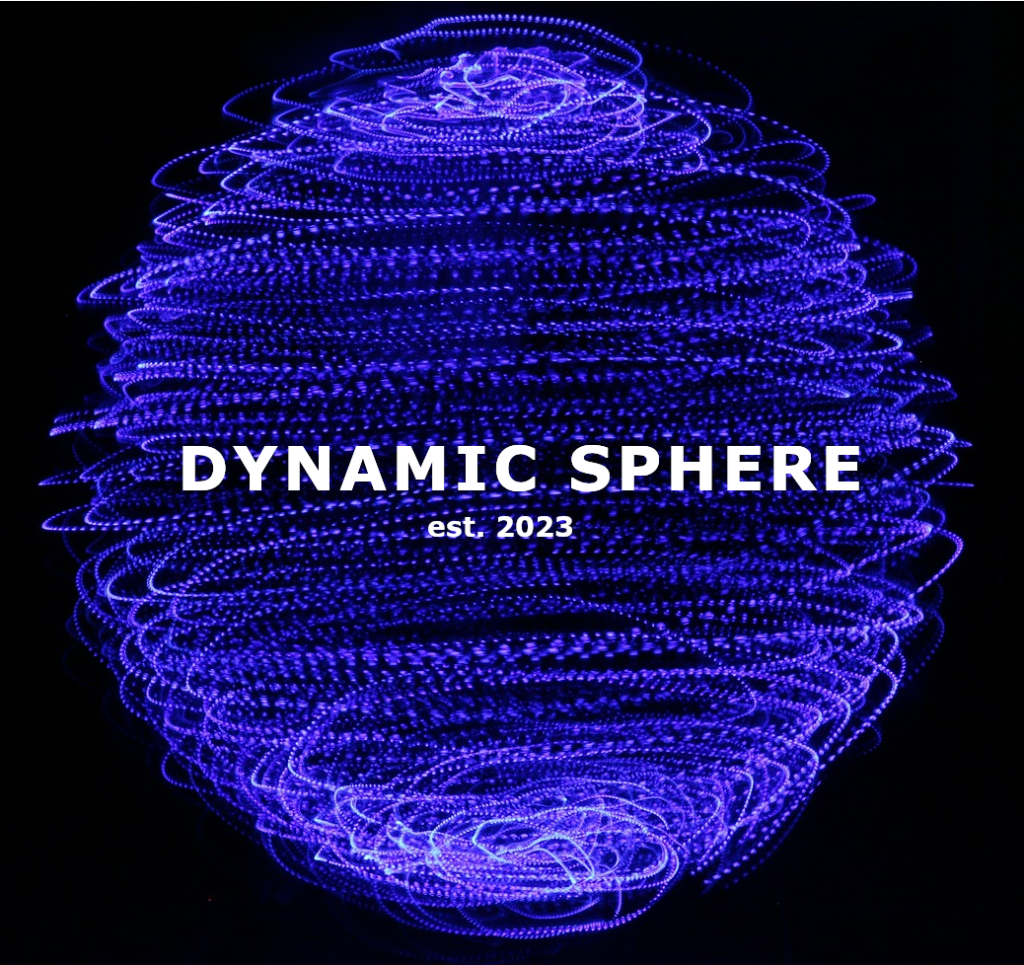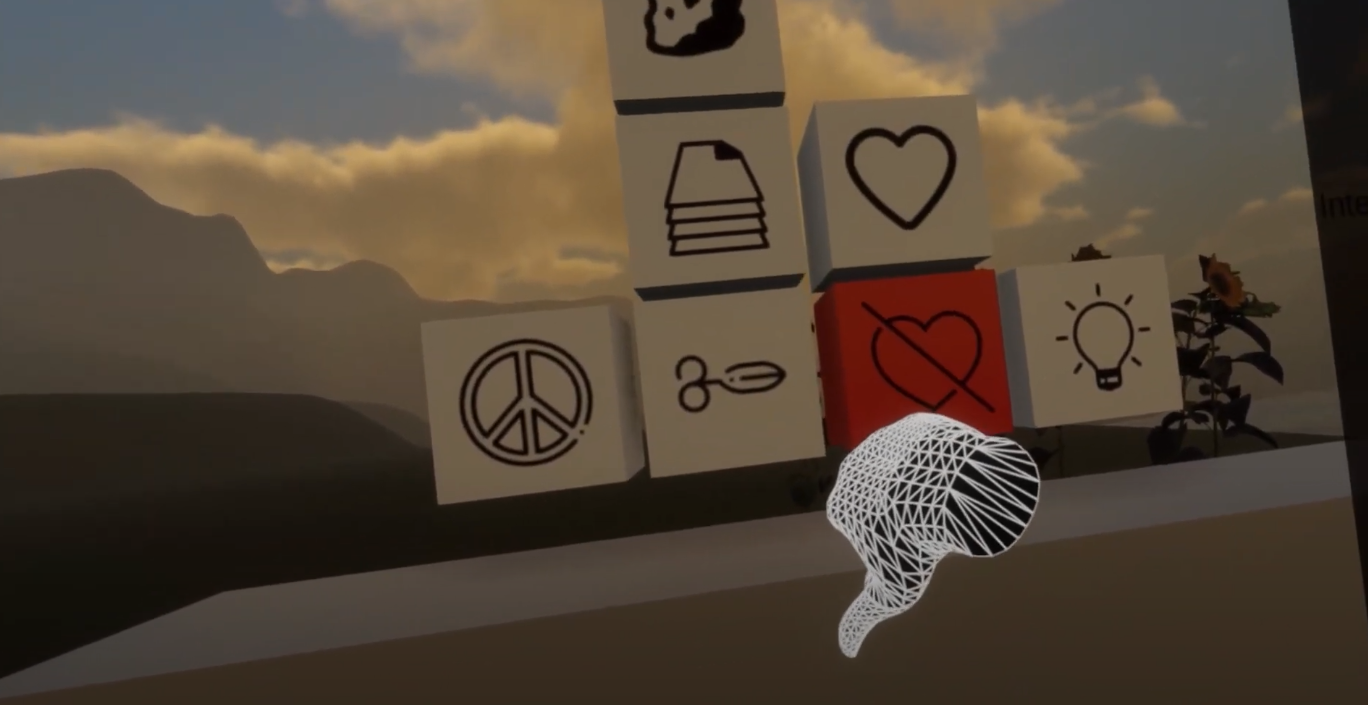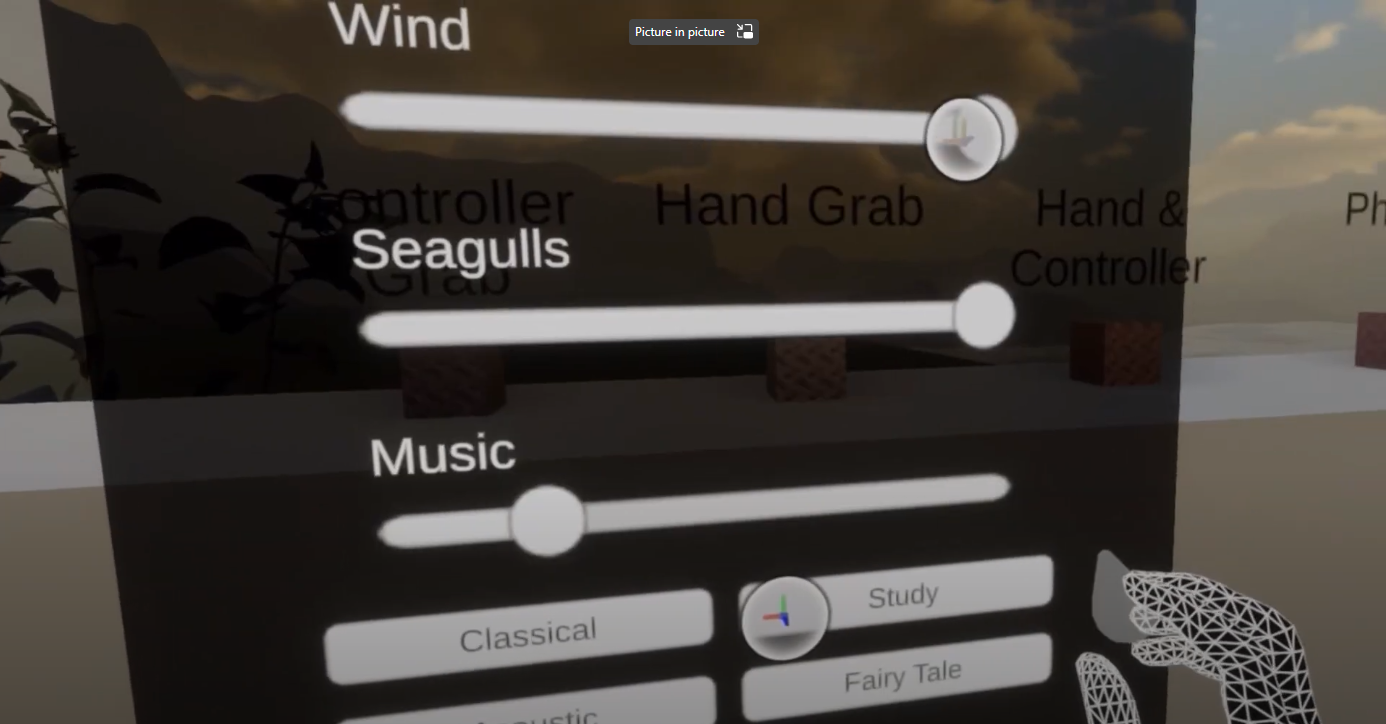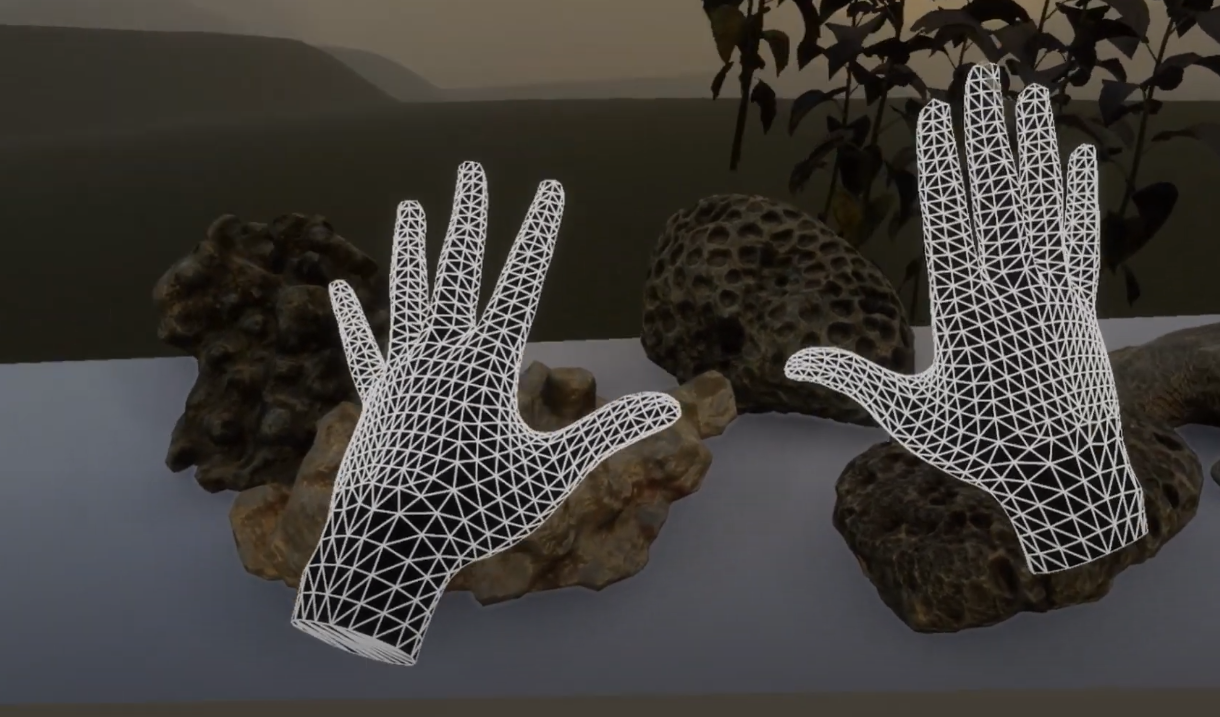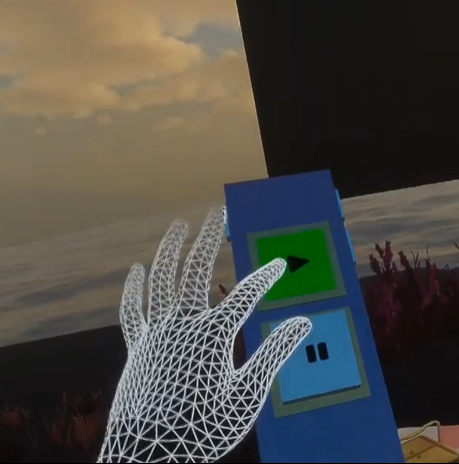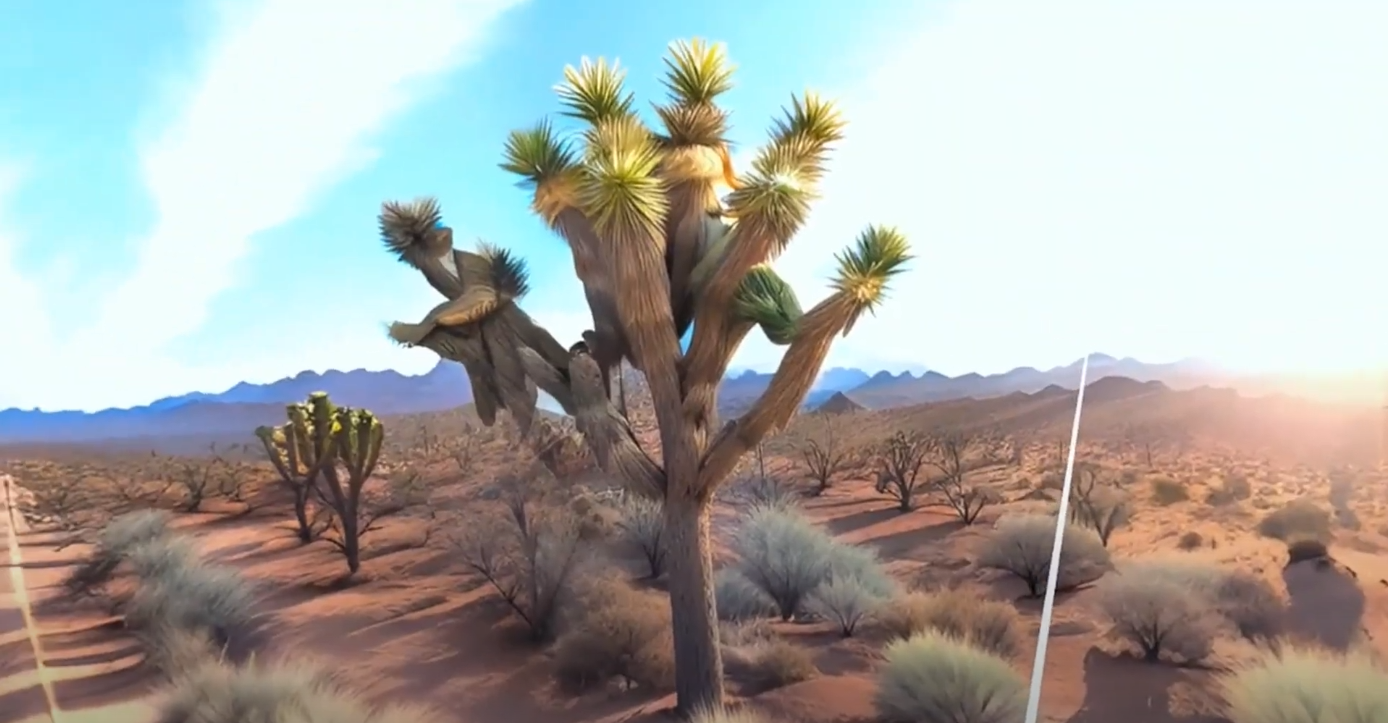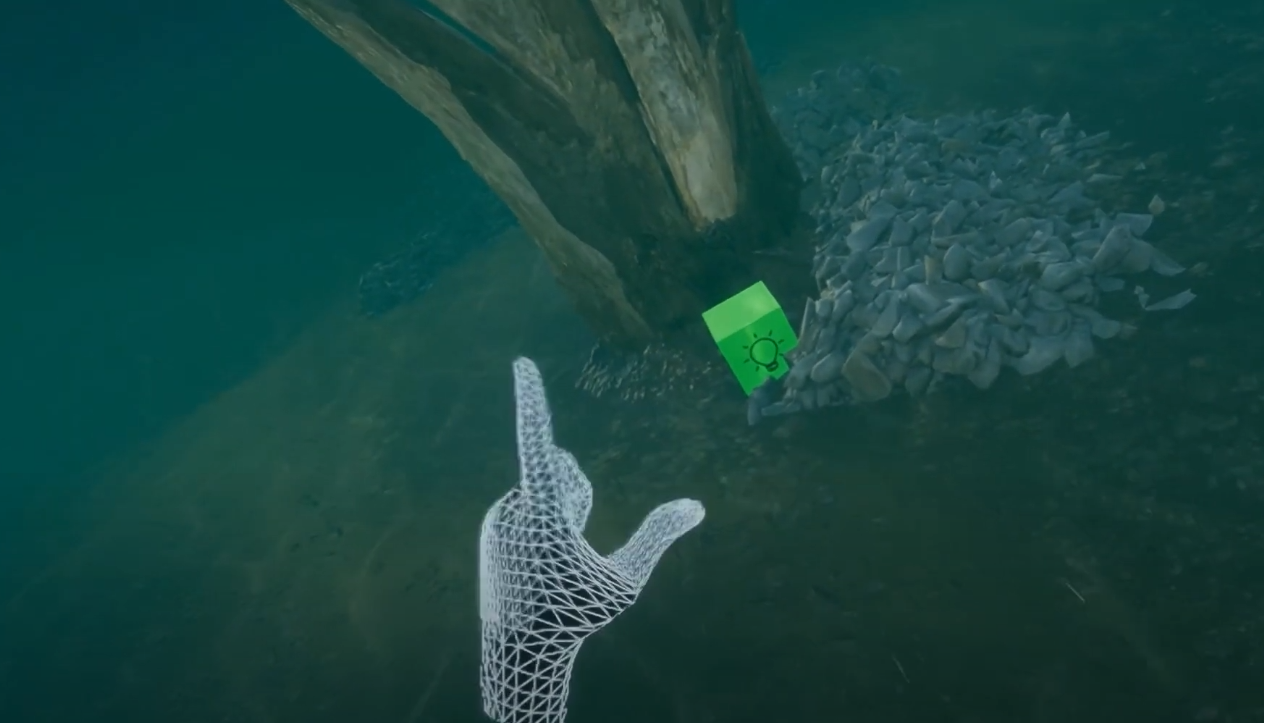TRUSTED UX DESIGN FOR XR
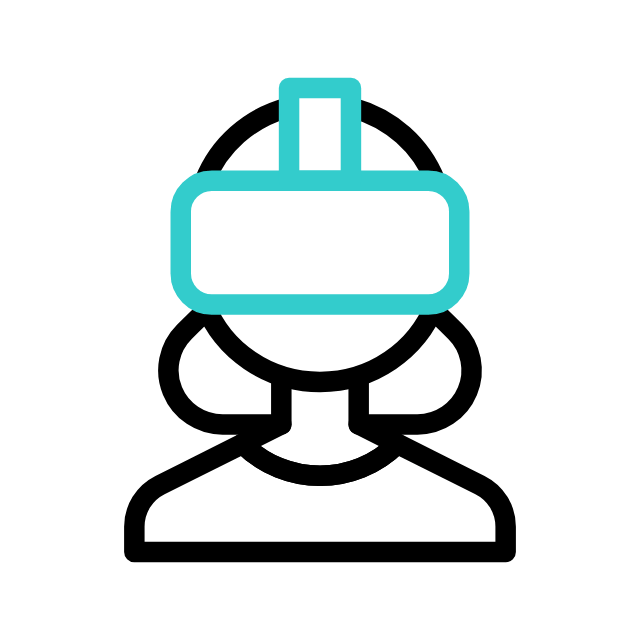
XR DESIGN
design services for creating immersive and interactive XR experiences for various platforms, rooted in UX principles
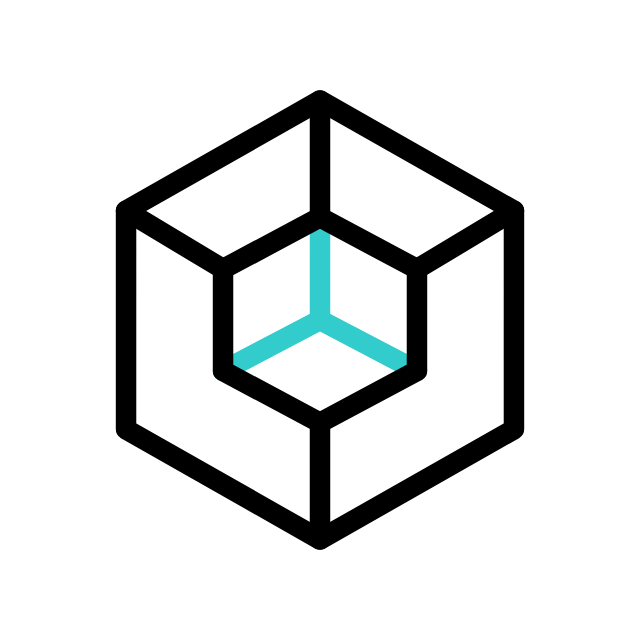
3D PROTOTYPING
prototypes of your ideas from low to high fidelity, complete with interactive elements
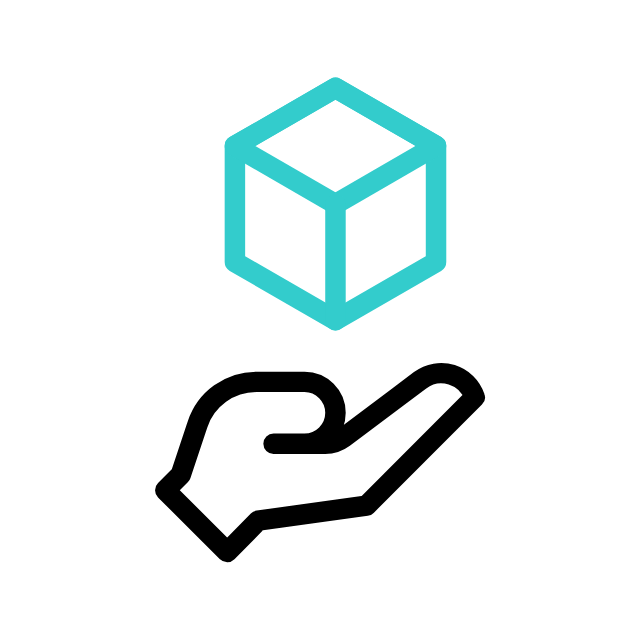
hAND INTERACTIONS
make your experience more immersive with the latest hand interaction SDK technology
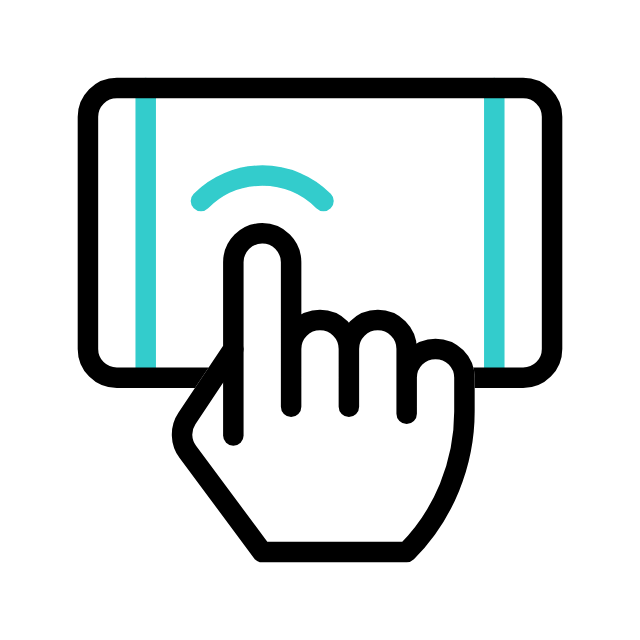
MOBILE AR
fun and engaging, animated mobile AR that can set your company apart from the rest of the pack
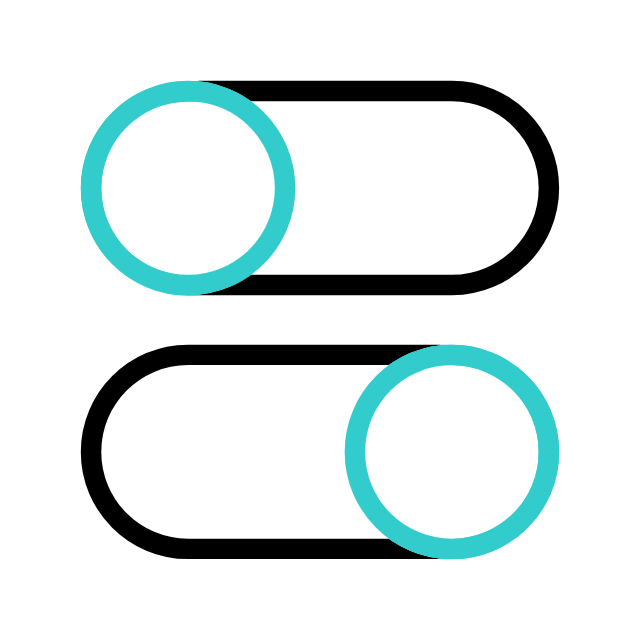
ui testing
test for factors such as ease of use, learnability, efficiency, and overall user satisfaction
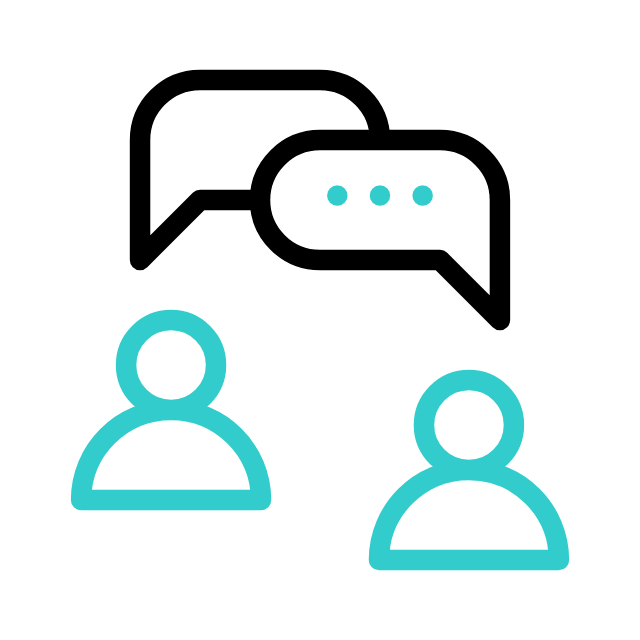
consultation
developing XR strategies, and providing technical guidance on XR implementation
OUR MISSION
Dynamic Sphere holds a strong belief that the metaverse, being the younger sibling of the web, should abide by the same principles and standards as those maintained by UX practitioners in the 2D space. As passionate UX evangelists who originate from the traditional flat screen design space, we prioritize the importance of applying heuristics and thorough research in all our design processes. We understand that our approach to designing within the metaverse isn’t limited to just aesthetic appeal, but should also incorporate seamless functionality and engaging user experiences. Keeping the aforementioned facets at the forefront of our design philosophy, we strive to make the metaverse a more intuitive and efficient space for users to interact with. The mission of Dynamic Sphere is to help bridge the gap between traditional 2D design principles and the innovative potential of the metaverse.
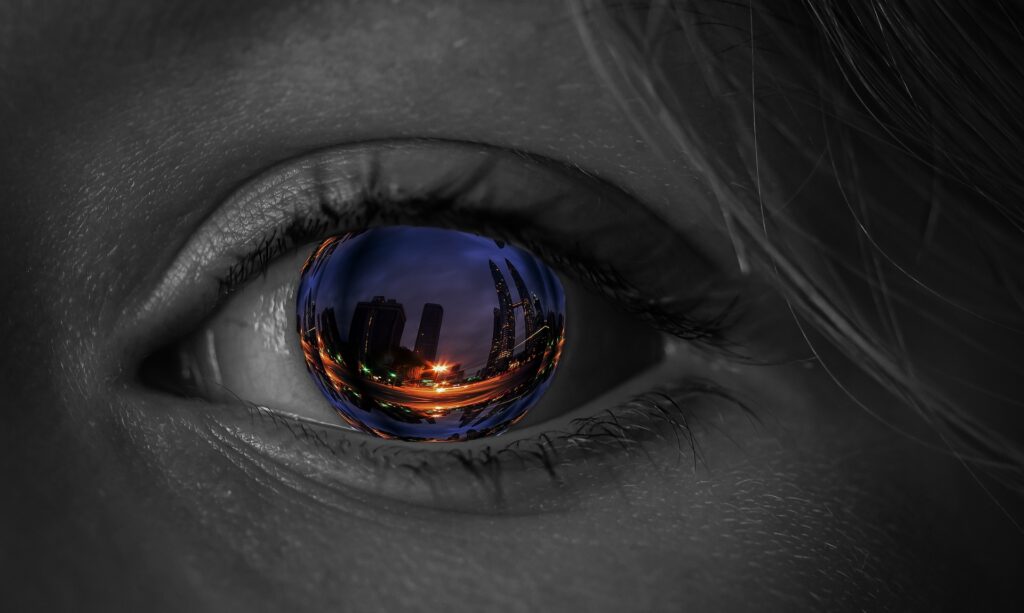
OUR WORK
Let Us Design Your World
TAP THE HANDS TO SEE OUR PROCESS
Stage 1: Conceptualization
Identify the goals, objectives, and target audience for your XR project.
Brainstorm ideas and concepts, define the problem you want to solve.
Create a rough sketch or storyboard of your XR experience.
Stage 2: Design
Start designing the user interface (UI) and user experience (UX) for your XR project.
Create wireframes and mockups to represent the look and feel of your XR experience.
Develop the technical architecture of your XR experience, including the choice of platform and development tools.
Stage 3: Prototyping
Start building a working prototype.
Create a minimum viable product (MVP) that includes the core functionality of your XR experience.
Test your MVP with users to gather feedback and iterate on your design.
Stage 4: Refinement
Refine and polish your XR experience based on the feedback from the previous stage.
Optimize the performance, stability, and usability of your XR experience.
Add additional features and content to enhance the overall experience.
Stage 1: Conceptualization
Identify the goals, objectives, and target audience for your XR project.
Brainstorm ideas and concepts, define the problem you want to solve.
Create a rough sketch or storyboard of your XR experience.
Stage 2: Design
Start designing the user interface (UI) and user experience (UX) for your XR project.
Create wireframes and mockups to represent the look and feel of your XR experience.
Develop the technical architecture of your XR experience, including the choice of platform and development tools.
Stage 3: Prototyping
Start building a working prototype.
Create a minimum viable product (MVP) that includes the core functionality of your XR experience.
Test your MVP with users to gather feedback and iterate on your design.
Stage 4: Refinement
Refine and polish your XR experience based on the feedback from the previous stage.
Optimize the performance, stability, and usability of your XR experience.
Add additional features and content to enhance the overall experience.
